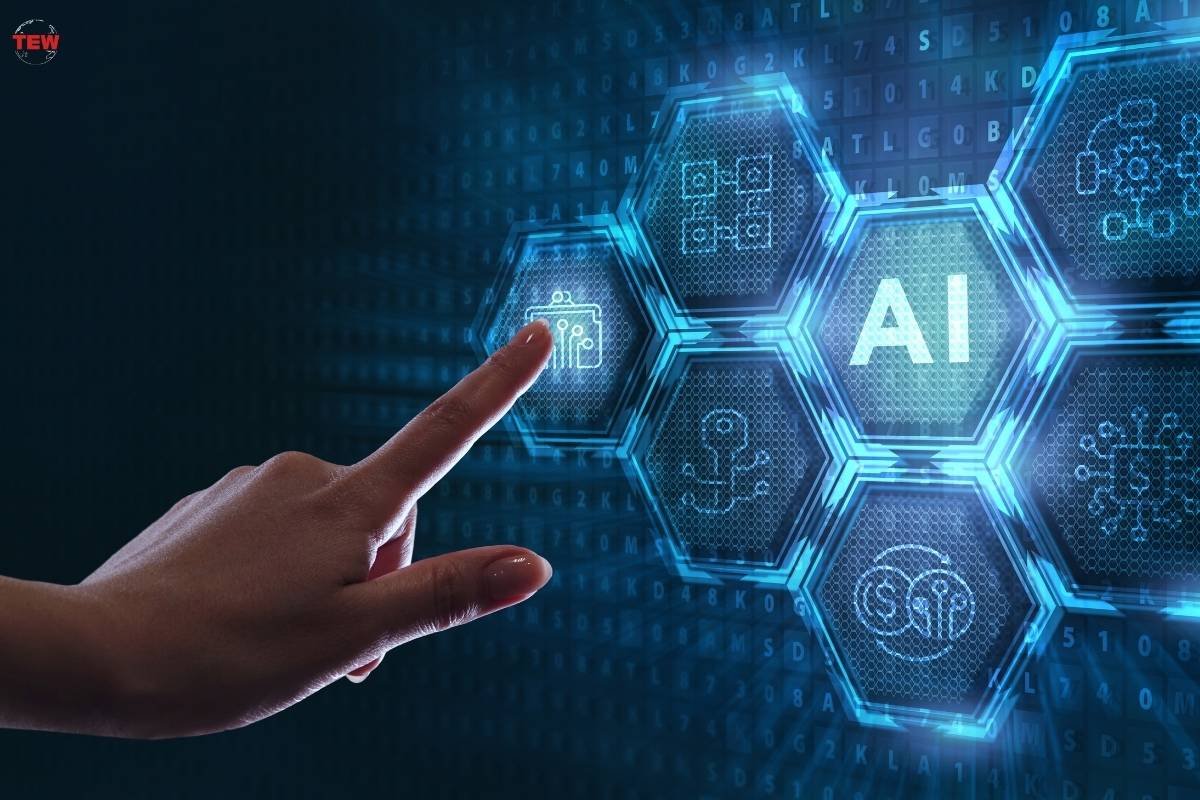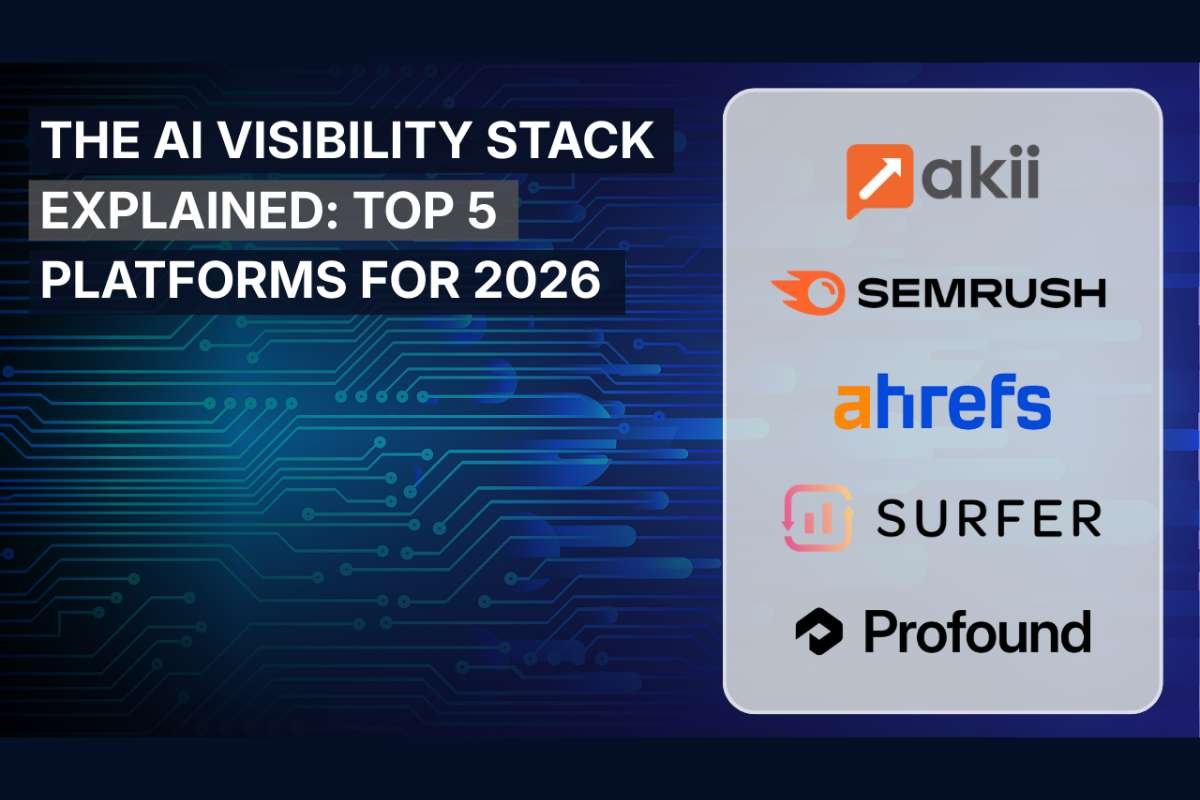Software development has always been an innovative industry, however, the rate of change in the past several years has increased significantly. From the new tools and techniques to the new age technologies such as artificial intelligence and blockchain, the software development industry is in the middle of a transformation. For businesses and developers, this process is not a necessity but a blessing as it presents new and better ways of doing things. Let’s take a look at some of the new developments that are shaping the industry and the new horizons it is opening up.
The New Era of Tools and Methodologies
As software development industry has evolved, numerous tools and methodologies have emerged to enhance efficiency, technology and innovation.
Agile and Devops – When Speed Meets Stability?
Agile development and DevOps practices have become the bedrock of how software is built today. Agile is limited to Agile methodologies and iterative progression, and DevOps, namely teams working together as one between development and operation teams, like in https://kultprosvet.net/. Combined, they allow for quicker delivery cycles and more stable releases.
Low-Code and No-Code Platforms
Low-code and no-code tools to democratize software development Drag-and-drop-type development platforms such as Mendix and Bubble enable nontechnical users to create apps, democratizing development.
- Opportunity: Small businesses can run prototypes and apps, and deploy them without employing large teams of developers.
- Challenge: The fine line between simple and scalable enough for growth.
The Role of Artificial Intelligence in Development

Software is not just enhanced by AI – it’s built with it.
AI-Assisted Development
GitHub Copilot and Tabine: These tools are changing the way developers are writing code. These AI-driven helpers offer code snippets, debug errors, and in some instances, reduce menial tasks, enabling developers to devote time working on pressing issues.
As an instance, a developer developing a web app can take the help of AI to develop the backend functions and reduce development times by 30%.
Smarter Testing
AI is also changing the quality assurance paradigm. ML-powered tools like Testim and Applitools use ML techniques to automate testing at the time of running tests, offering better coverage and less time needed to identify any defects.
Cloud Computing: The New Backbone of Innovation
The shift to cloud computing has therefore revolutionized the way software is developed and implemented.
Serverless Architectures
With serverless computing, the developer is able to concentrate on the code and let the cloud do the rest. This is where services such as AWS Lambda and Google Cloud Functions come in, which provide the capability to scale up easily.
- Opportunity: Businesses will be able to cope up with traffic surges without having to worry about shut down.
- Challenge: The cost of resources can escalate without careful monitoring.
Global Collaboration
Cloud-based development platforms allow teams to collaborate without regard for each other’s location. Tools like GitHub Codespaces and JetBrains Space enable real-time collaboration on shared codebases.
Blockchain: The Next Use-Cases Go Beyond Cryptocurrencies

Blockchain is slowly starting to find its application in such fields as supply chain management, healthcare and even identity management. Programmers are writing applications that use the blockchain, to develop more honest systems.
Blockchain Beyond Cryptocurrencies
Blockchain is starting to be applied in the areas such as supply chain, healthcare and even identity management. Developers are creating the so-called decentralized applications (dApps) to develop transparent and reliable systems.
Augmented Reality (AR) and Virtual Reality (VR)
It is now common to find AR and VR in diverse sectors including gaming, learning, and shopping among others. The developers are applying these technologies in coming up with immersive experiences for their clients, be it virtual classrooms or AR shopping experiences.
The Effect of Working from Home on Development
The move to remote work all around the world has changed how software teams work forever.
Remote working has opened up the talent pool, so businesses can employ programmers from across the globe. Bootcamp software engineer training programs have further enabled individuals to become remote-ready developers, bridging talent gaps globally. Platforms such as Slack, Zoom, and Asana allow for effective communication and project coordination.
- Opportunity: Increased diversity of talent leads to more innovation.
- The challenge: Keeping people cohesive and collaborative in different time zones.
Remote work is putting an emphasis on companies caring about deliverables over hours worked. As a result, it has more flexible schedules and productivity.
Challenges in the Current Environment and Fast Evolving Industry

The rapid changes bring along some challenges that developers and businesses have to overcome.
- Staying Updated. This is because the rate of innovation is very high and this means that developers have to keep on upgrading their knowledge on new tools and technologies. Therefore, businesses need to make investments in training and professional development functions to enhance the capacity of their teams.
- Cybersecurity Risks. The software development industry becomes more complex as it integrates with other systems, and thus, the probability of security issues increases. Thus, developers should emphasize the creation of secure applications as well as the prevention of the appearance of new threats.
Opportunities for Developers and Businesses
The on-going transformation that is characterised by new technologies in software development industry is creating many avenues for developers and organisations.
For Developers
- The most current skill sets include Artificial Intelligence, Blockchain, Cloud Computing, and Cybersecurity among others.
- The growth of e-commerce has led to the increasing demand for websites and applications, and the use of social media has created an opportunity for freelancing.
For Businesses
- Modern tools and methodologies enable businesses to implement the concepts and bring them to the adopting market faster.
- Cloud computing and low-code, influence on the costs of infrastructure and development as a result cutting it down.
Conclusion
The software development industry is in the middle of a revolution which is characterized by new age tools, technologies and working approaches. For the developers, it must be a great time to learn, change and come up with new ideas. For businesses, there has never been a better time to grow, innovate and provide better products and services.
It’s crucial to have more than just the technical skills to stay relevant in this fast-evolving environment; one needs to be a curious learner, an adaptable person, and a lifelong seeker of knowledge. The future of software development industry is now here, and it is filled with many more horizons to be discovered.


















